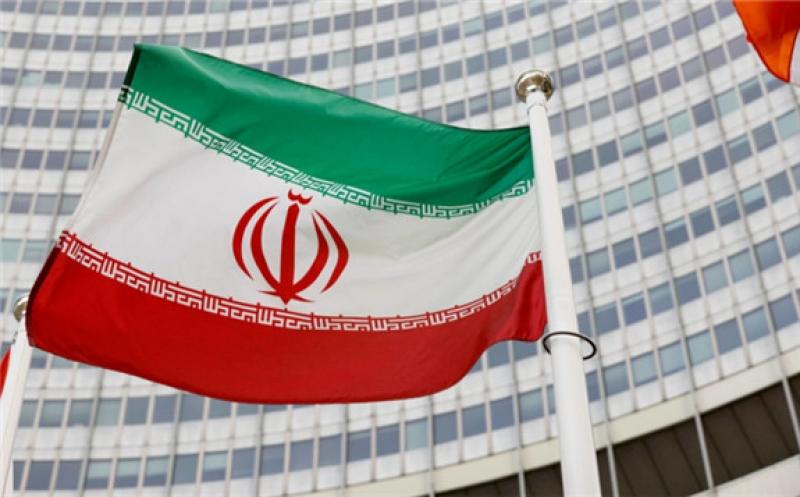Iran's foreign minister Hossein Amir-Abdollahian said progress was made in talks with UN nuclear watchdog the IAEA, following pressure from major European powers to strike a compromise in ongoing nuclear deal negotiations in Vienna.

"We arrived at a good agreement last night with the IAEA," Iran's Hossein Amir-Abdollahian said. Details were not disclosed but Amir-Abdollahian said that the arrangement "eliminates some of the concerns of the agency and in turn allow us to continue our cooperation at a higher level than before and in the framework of the requirements."
The IAEA repeatedly attempted to secure Iranian cooperation to reinstall the agency's surveillance cameras at the Karaj centrifuge facility west of Tehran.
Talks to revive the 2015 Joint Comprehensive Plan of Action (JCPOA) after the 2018 withdrawal of key signatory, the US, resumed in late November, but have yet to yield a result. Scant development in Tehran's negotiations with the IAEA have contributed to the stalemate.
But although an agreement was reached today, Amir-Abdollahian accused the IAEA of taking a political role in the discussions. "The [IAEA] agency has made a fundamental deviation from its mission — that is instead of focusing on the technical issues it is concentrating on political issues, which creates issues in the areas of cooperation between the agency and the [Atomic Energy Organisation of Iran]," he said. "The agency tried to use its technical tools to try put political and effective pressure on the Vienna negotiations and take advantage."
The announcement comes after the three European signatories of the original JCPOA pact — France, Germany and the UK — yesterday pressured Tehran to curb its approach. The nations jointly reiterated that they are working "tirelessly and in good faith with all partners in Vienna" to salvage discussions, but stressed that Iran has "walked back hard-fought compromises," while putting forward "maximalist demands."
"We are nearing the point where Iran's escalation of its nuclear programme will have completely hollowed out the JCPOA," they stressed, adding that the door nevertheless remains open to strike an agreement. "Iran has to choose between the collapse of the JCPOA and a fair and comprehensive deal, for the benefit of the Iranian people and nation. Iran's continued nuclear escalation means that we are rapidly reaching the end of the road."
The Iranian side yesterday had hinted at a lack of good will from counterparties in the negotiations. "Some actors persist in their blame game habit, instead of real diplomacy," Iranian lead negotiator Ali Bagheri Kani said yesterday. "Diplomacy is a [two]-way street. If there is real will to remedy the culprit's wrongdoing, [the] way for [a] quick good deal will be paved."
Iran's full-fledged return to global market pends the removal of US commercial sanctions, which came in force after Washington's exit from the nuclear agreement. The White House is not directly participating in the Vienna talks. Argus estimates Iran's November crude production slipped by 10,000 b/d to 2.46mn b/d, amid ongoing US restrictions.